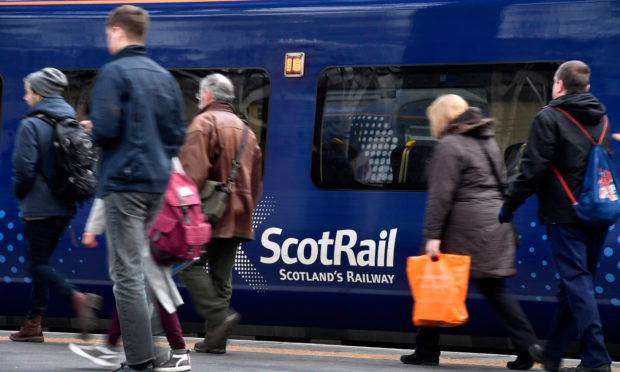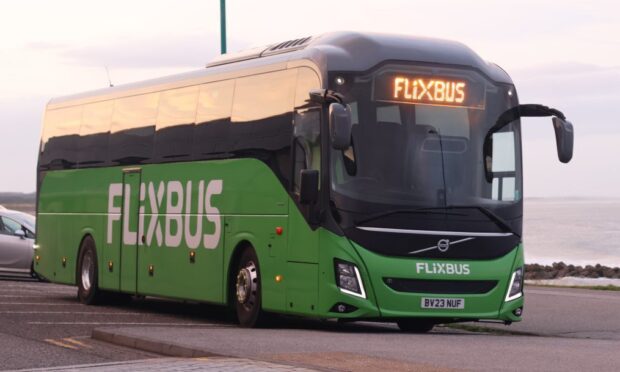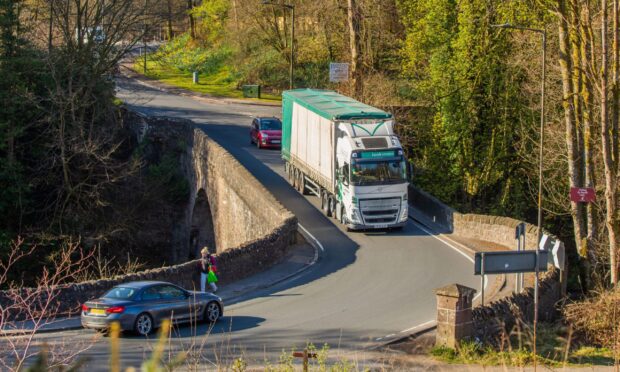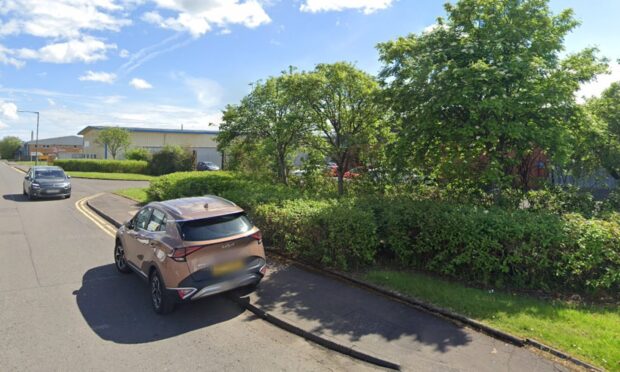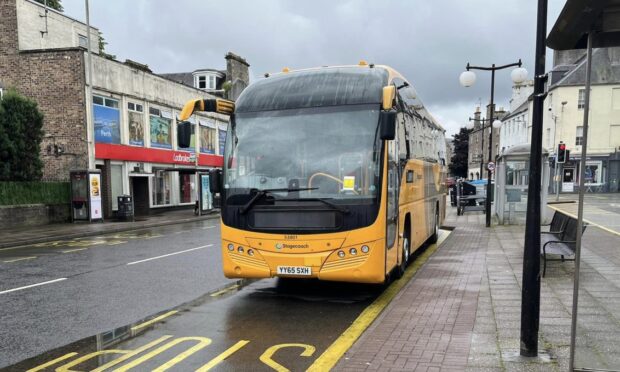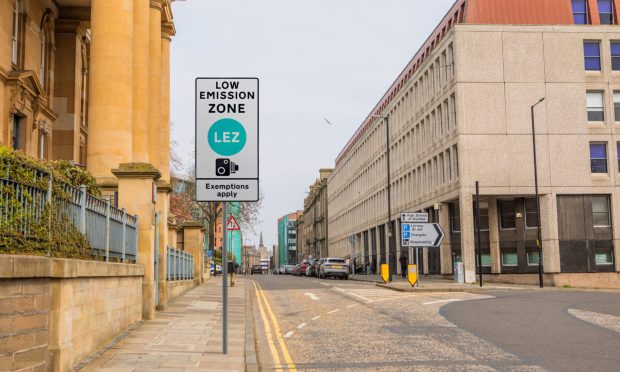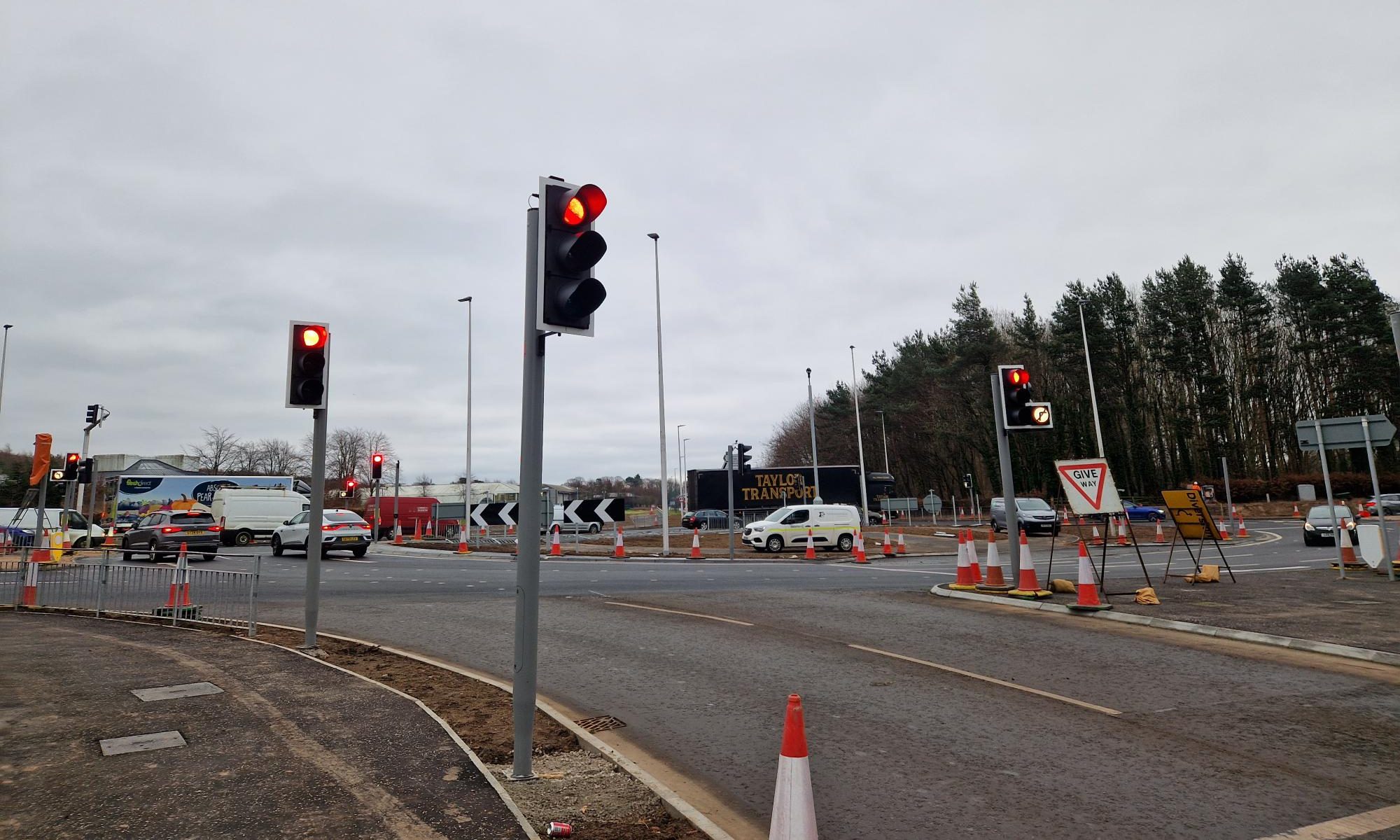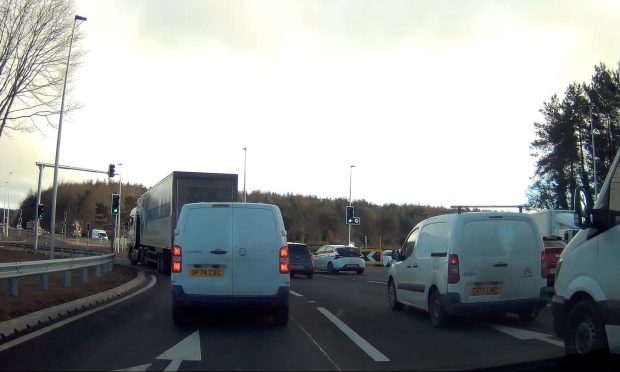Commuters in Fife have reacted angrily to ScotRail’s decision to increase fares by 2.8% from January.
The increase, which will apply to season tickets and anytime singles and returns, determined by the July 2019 Retail Price Index (RPI), which stands at 2.8%.
Kinghorn commuter, Alan MacNiven, who pays more than £2,000 a year to travel to and from Edinburgh, said ScotRail had passengers’ necks in a noose.
The Edinburgh University lecturer said: “The increase in rail fares is more than the inflation-based increase to wages.
“It’s not on. If there was a choice, I would experiment with other options, but they have our necks in a noose.”
Sarah Dougherty, an NHS worker from Dalgety Bay, branded the price increase “an insult”.
She added: “Commuters who already face a Fife service that never has enough carriages to cope forcing people to stand for their entire journey, are now being hit in the pocket once more.
“Trains are full to bursting every single day and I’ve seen people faint because of the overcrowding.
“A price increase is a slap in the face for commuters who often have no other choice of public transport.”
ScotRail has faced huge criticism this year for the number of cancelled services to Fife as well its decision to station skip when reacting to delayed services.
Earlier this month the train company was heavily criticised over its decision not to increase the number of carriages taking people to and from Edinburgh Festival to the level it had provided in previous years.
In February, ScotRail boss Alex Haynes faced angry commuters when he attended a public meeting in Kirkcaldy.
Angry commuter, Sharron Wilson, from Kirkcaldy, said: “How Scotrail can justify this increase is beyond reason.
“Poor service, stop skipping, over crowding, lack of carriages, out dated ticket options, trains cancelled at the drop of a hat and ongoing unfulfilled promises about improvements does not justify any increase to already ridiculously high prices.”
ScotRail commercial director Lesley Kane has defended the increase blaming the Scottish Government.
She said: “Eighty-five per cent of our revenue comes from fares set by the Scottish Government, which decides how much our customers pay.”
“The money generated from fares is reinvested back into Scotland’s railway, including £475 million under Abellio in new and upgraded trains and improved punctuality, so that we can give our customers the service they expect and deserve.”
However, a Scottish Government spokeswoman said although a fares increase is unwelcome, moves to cut or freeze fares would hit the public purse.
“While any fare increase is unwelcome, calls for measures such as fares cuts or a fares freeze underestimate the impact of these on the public purse,” she said.
“Two-thirds of the cost of running the railway is already met through Scottish Government subsidy, with the remainder through rail passenger revenues.
“Any change to rail fares could therefore have a significant impact on the taxpayer.”
